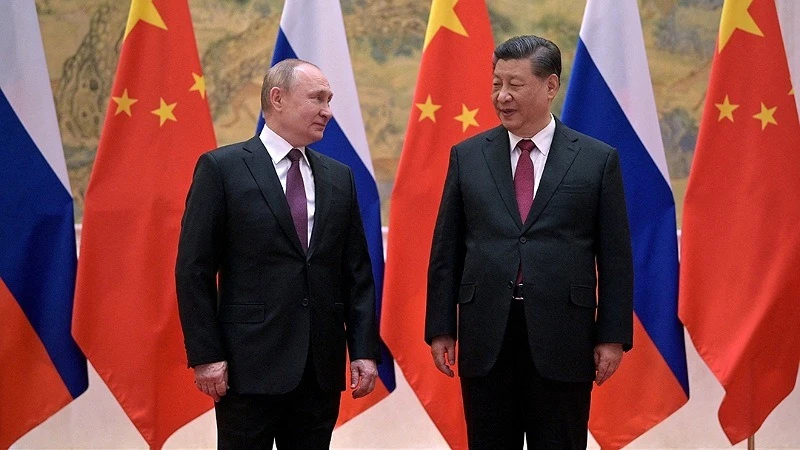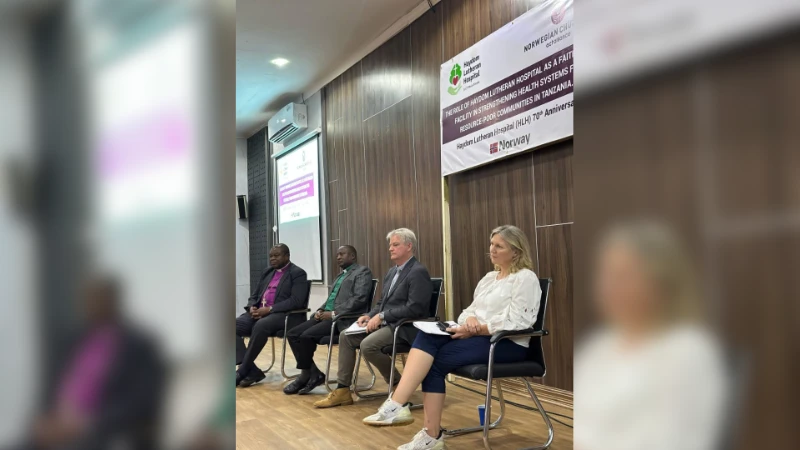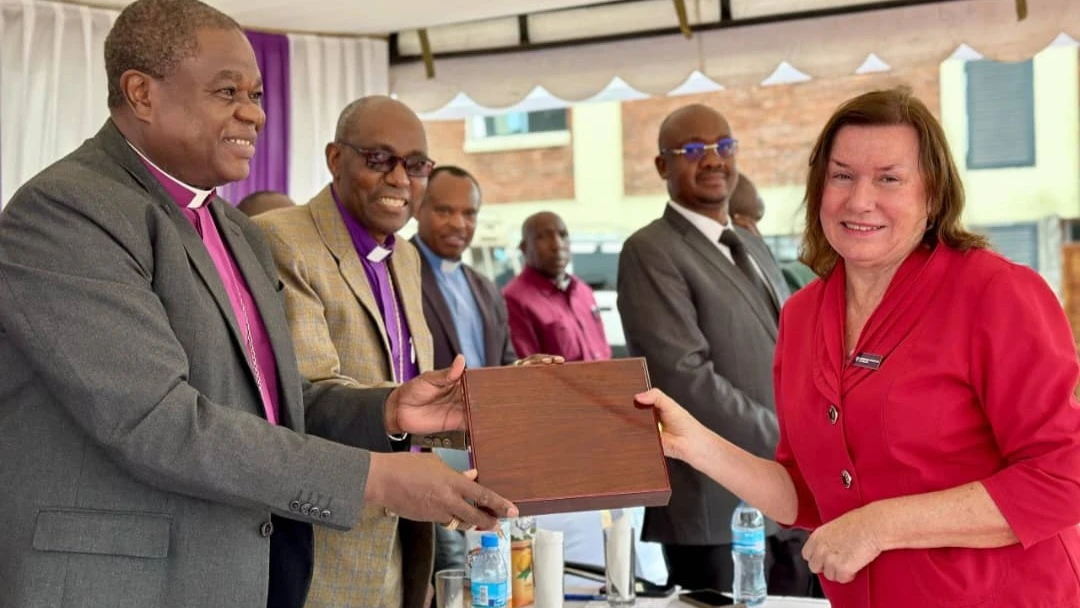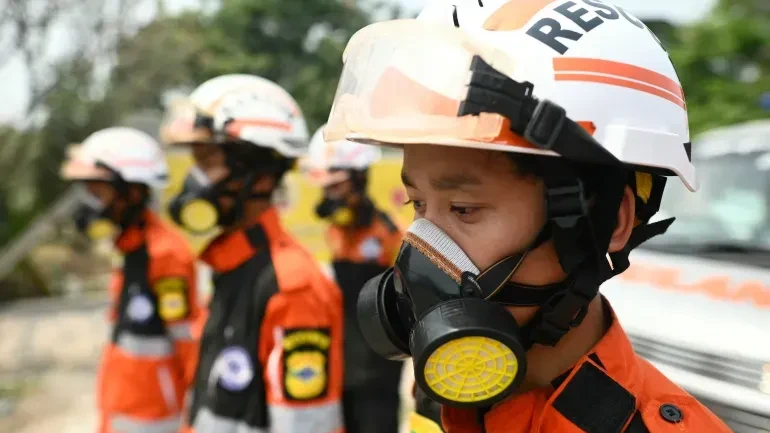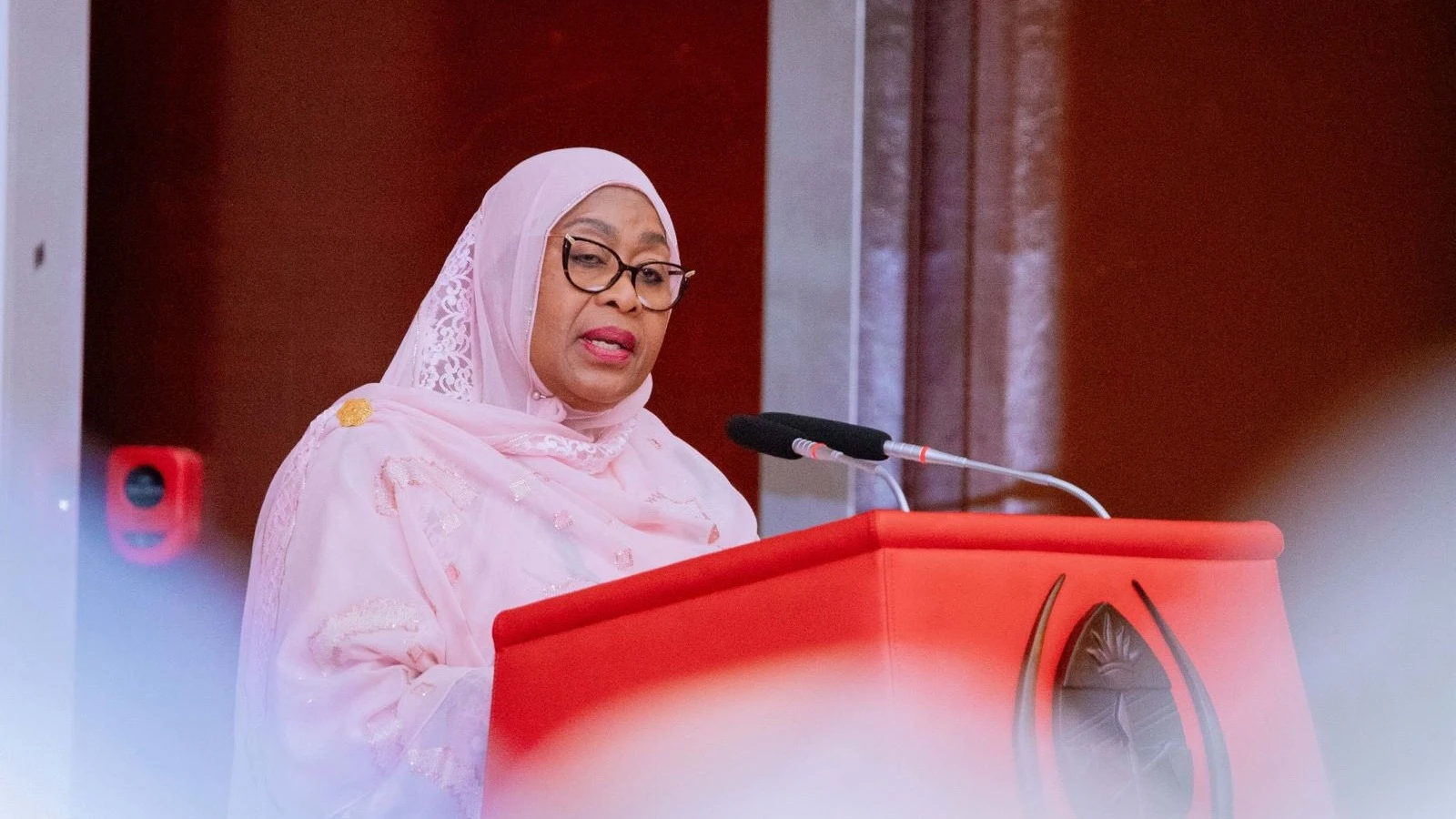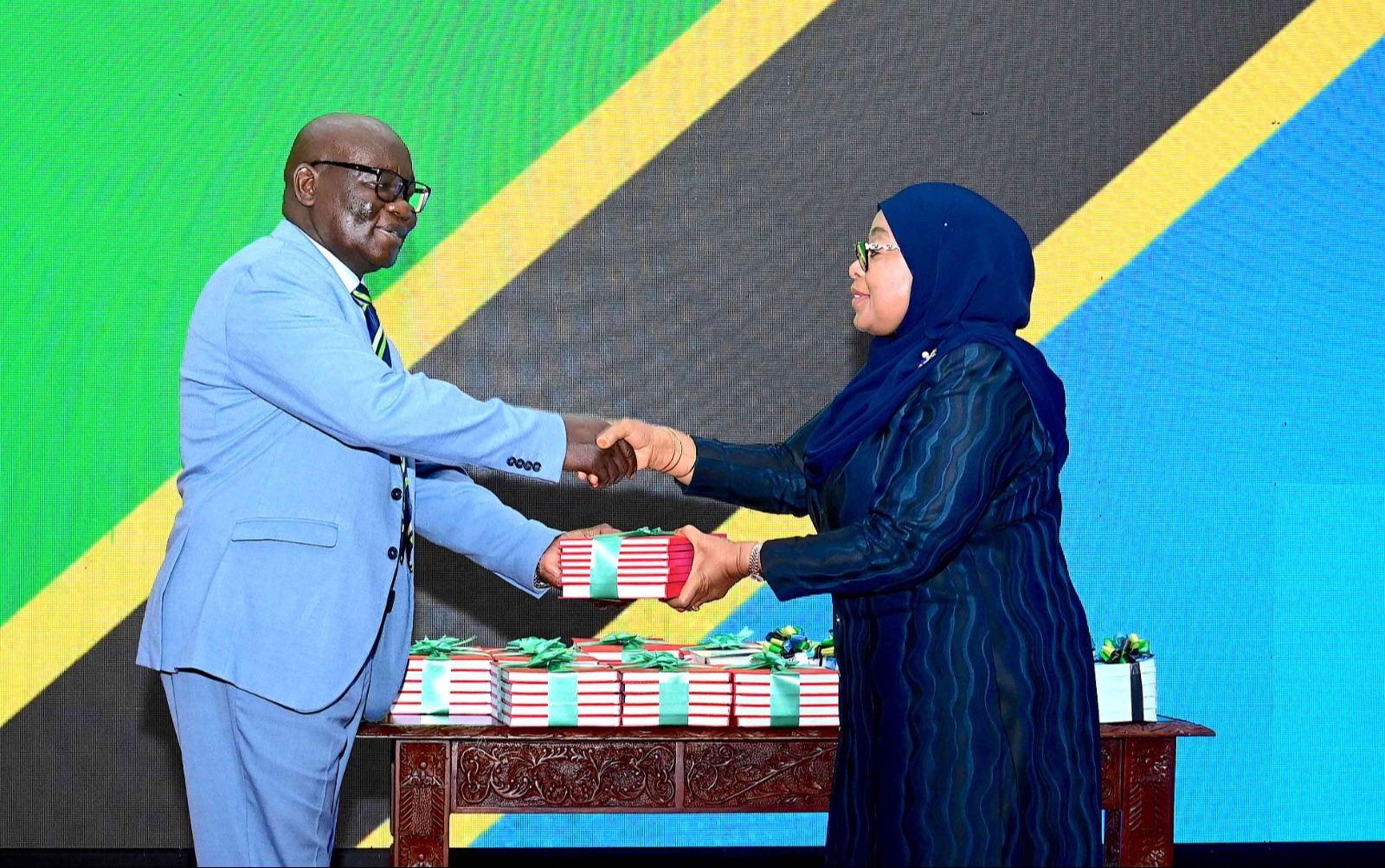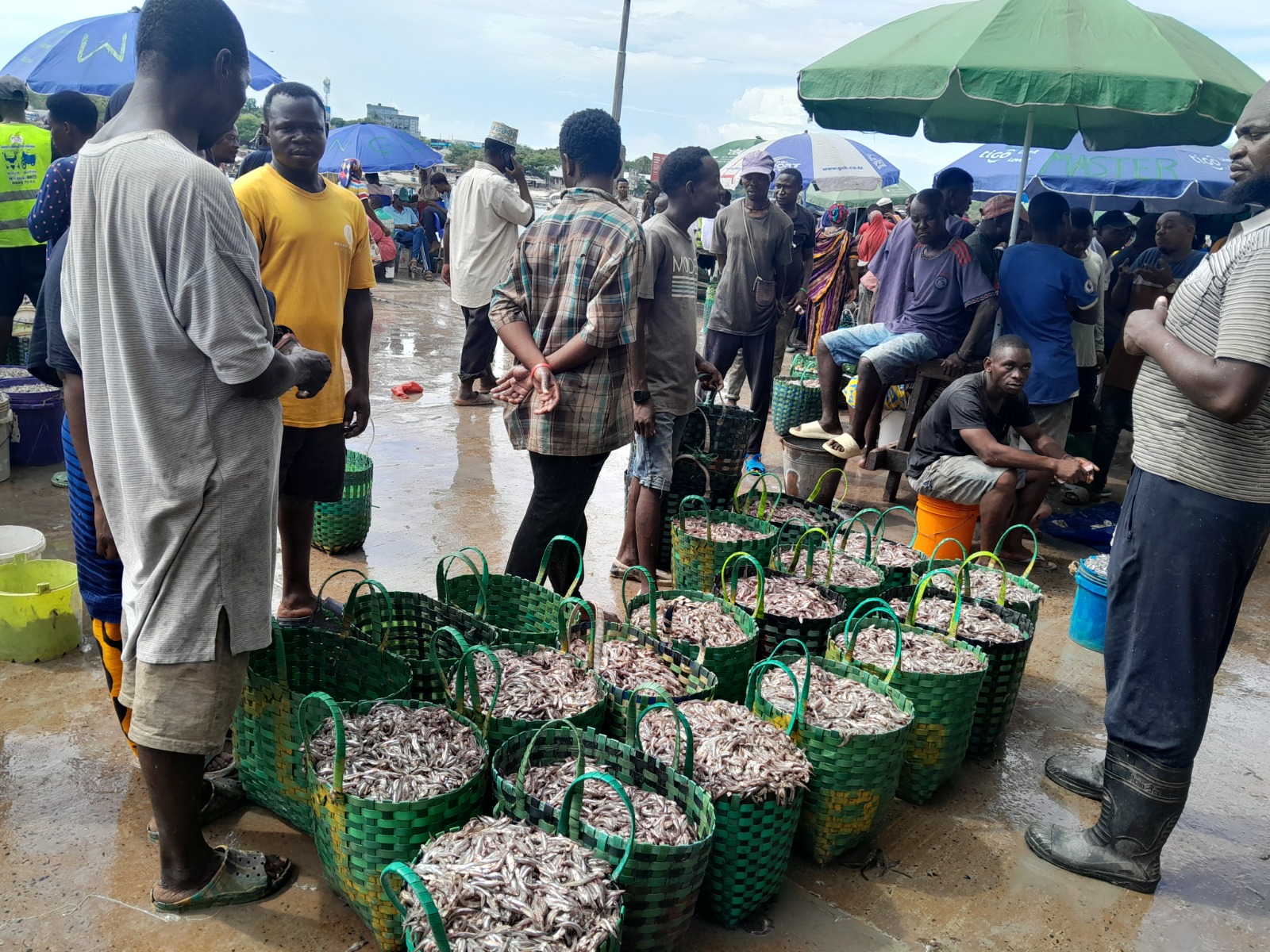‘Approach VPO to get waste disposal investment support’
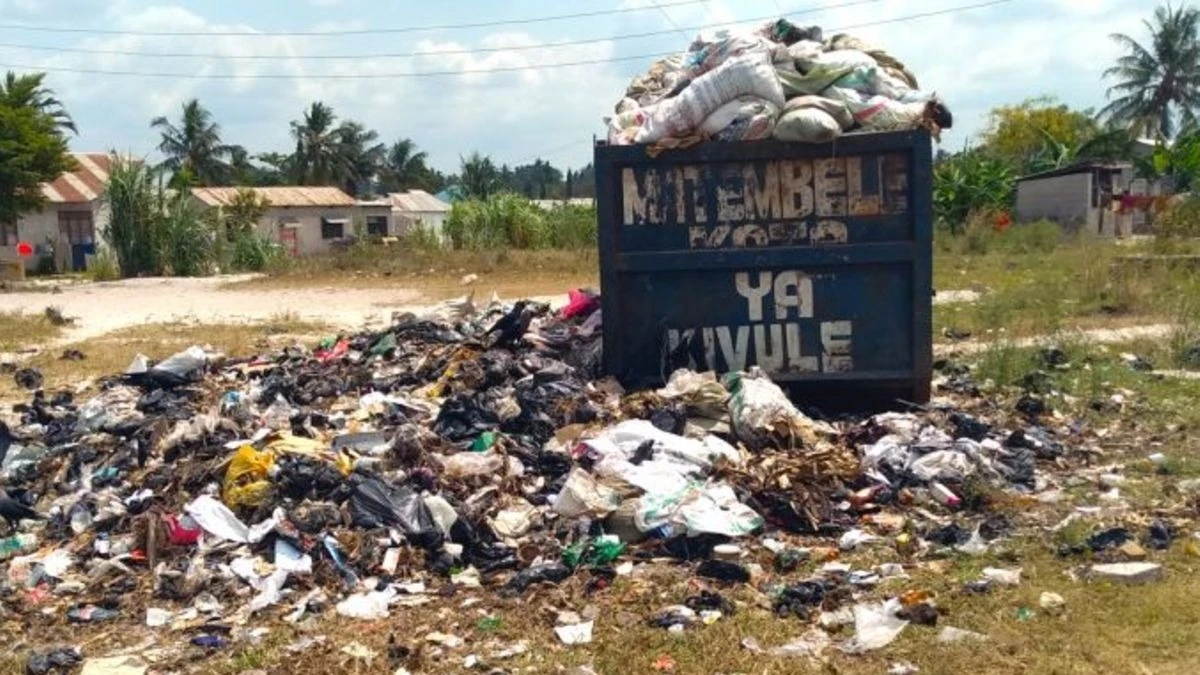
JUST 50 percent of the seven million tonnes of waste generated annually is collected and disposed of in designated dumping sites, the government has affirmed, asking interested entrepreneurs to approach the relevant authorities to work on adding capacity.
Hamza Khamis, the Union and Environment deputy state minister in the Vice President's Office (VPO) issued this appeal during the international Waste Collection Day events in Dar es Salaam yesterday, coordinated by the National Environment Management Council (NEMC).
He appealed to local authorities to intensify efforts to involve the private sector in waste collection and recycling, affirming that nearly half of the waste generated remains in the environment, occasioning pollution that poses risks to health.
human and animal life. He urged those interested in waste management investments to approach the government for support.
“The government alone cannot handle waste management; we must involve the private sector. Waste is an opportunity, and those who want to invest in it should come forward to discuss how they can be provided with a conducive environment to collect, recycle, and produce new products from waste,” he said.
Hamis also highlighted the public's lack of awareness about the importance of environmental preservation, noting that many people still dispose of waste irresponsibly, even in urban areas. This contributes to environmental pollution that could be mitigated with better public education.
He cited the significant problem of waste clogging canals, particularly in urban areas, leading to floods during the rainy season and damaging homes.
According to the 2022 National Census, 40% of households burn solid waste, while 22% use regular waste collection methods. Hamis also pointed out that more than 60% of waste generated in cities is recyclable or reusable, but due to gaps in collection and management, much of it ends up in landfills or is discarded improperly, jeopardizing public health, the economy, and the environment.
To address this, the government, through the Vice President's Office and NEMC, has implemented strategies based on the "Reduce, Reuse, Recycle" concept as outlined in the Solid Waste Management Guidelines. These strategies promote modern waste processing technologies, investment in recycling industries, and the strengthening of waste collection systems.
Hamis thanked the private sector for its investments in waste management, recycling, and processing services, which create jobs and improve environmental cleanliness.
NEMC Director General Dr. Immaculate Semesi emphasized that the “Reduce, Reuse, Recycle” concept is key to sustainable waste management, promoting efficient resource use and reducing environmental pollution. She highlighted the government’s encouragement of environmentally friendly practices in sectors like clothing and fashion, including the use of sustainable raw materials and the recycling of fabrics to reduce landfill waste.
“The Council is committed to ensuring that the ‘Reduce, Reuse, Recycle’ concept is implemented across all production sectors to protect our environment for current and future generations,” she said.
Top Headlines
© 2025 IPPMEDIA.COM. ALL RIGHTS RESERVED









